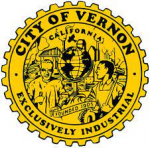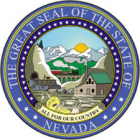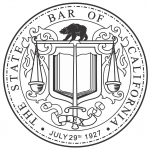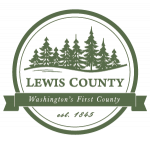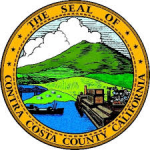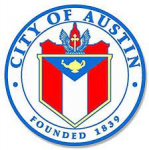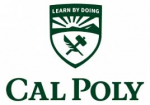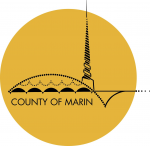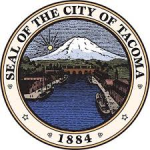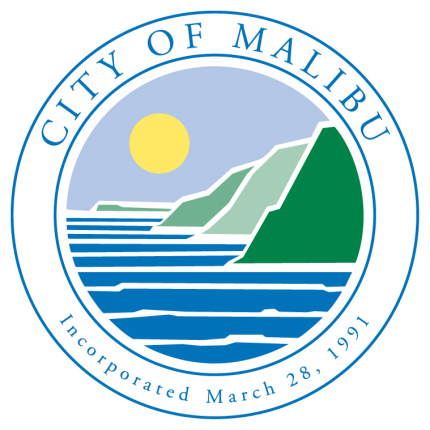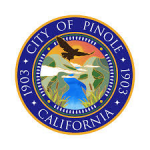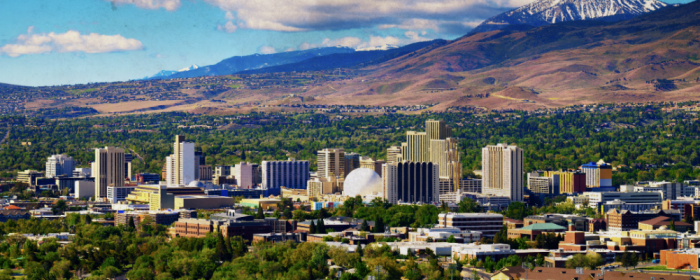Top Government Licensing Jobs: Career Opportunities & Requirements

Government licensing jobs offer professionals the unique opportunity to serve the public while building a rewarding career. These roles exist across various departments, ensuring that industries comply with regulations set by government authorities. Below, we explore key career opportunities, job requirements, the application process, and tips for advancing your career in government licensing.
- ⇀ Government Licensing Departments
- ⇀ Career Opportunities in Government Licensing
- ⇀ High-Demand Positions in Government Licensing
- ⇀ Types of Government Licensing Jobs
- ⇀ Requirements and Skills for Government Licensing Jobs
- ⇀ Benefits of Working in Government Licensing
- ⇀ How to Apply for Government Licensing Jobs
- ⇀ Advancing in a Government Licensing Career
- ⇀ Conclusion
Government Licensing Departments
Government licensing jobs can be found in numerous departments and agencies overseeing specific industries and professional categories. Some of the key departments include:
- Department of Professional and Occupational Regulation (DPOR): This department regulates various professions, ensuring that professionals meet state standards and adhere to industry regulations.
- Department of Labor, Licensing, and Regulation (DLLR): This department manages licensing for professions such as real estate, healthcare, construction, and other regulated fields.
- Environmental Protection Agency (EPA): The EPA ensures that businesses and organizations comply with environmental health regulations. Licensing roles here focus on environmental compliance and safety.
These departments play a critical role in safeguarding industries, maintaining standards, and offering numerous career opportunities for those interested in public service and regulatory compliance.
Career Opportunities in Government Licensing
Government licensing offers various career paths, from entry-level to senior leadership roles. These roles provide stable employment and contribute to society’s greater good by ensuring that industries comply with necessary regulations. Below are some of the top career opportunities>:

- Licensing Specialist: Licensing specialists are responsible for processing license applications, ensuring that applicants meet the requirements, and verifying credentials. This role is essential in maintaining industry standards.
- Regulatory Analyst: Regulatory analysts evaluate existing policies and recommend changes to improve the licensing process. This position requires strong analytical skills and the ability to interpret complex regulations.
- Administrative Coordinator: Administrative coordinators handle the day-to-day tasks that keep licensing departments running smoothly, such as maintaining records, scheduling inspections, and managing communications between various teams.
- Environmental Health Manager: In this role, managers ensure that businesses comply with environmental health regulations. These professionals conduct inspections, issue licenses, and enforce environmental protection laws.
High-Demand Positions in Government Licensing
Certain jobs within the government licensing sector are in exceptionally high demand. These roles often come with opportunities for advancement, making them ideal for individuals seeking long-term careers in public service:
- Compliance Officers: Compliance officers ensure that businesses and individuals adhere to state and federal regulations. These professionals are crucial for upholding the integrity of licensing standards.
- Auditors: Auditors review licensing applications and records to verify compliance with laws and regulations. Auditors play a crucial role in identifying discrepancies or non-compliance, which can lead to corrective actions or penalties.
- Legal Advisors: Legal advisors work with licensing departments to interpret regulatory laws and provide guidance on legal matters related to licensing and compliance.

Types of Government Licensing Jobs
Here’s a closer look at some specific positions available within government licensing:
Licensing Specialist
Licensing specialists manage the application process for various licenses. They verify qualifications, process renewals, and work directly with stakeholders. Key responsibilities include:
- Reviewing and processing applications
- Ensuring applicants meet regulatory requirements
- Communicating with applicants and providing additional information as needed
Regulatory Analyst
A regulatory analyst’s role is to evaluate current licensing regulations and policies, making recommendations to improve the process. This job requires a strong attention to detail, the ability to analyze complex regulations, and excellent communication skills.
Environmental Health Manager
Environmental health managers focus on ensuring compliance with public health and safety regulations. Their work involves conducting inspections and issuing licenses to organizations that meet environmental standards. This role is ideal for individuals passionate about environmental protection and public health.
Requirements and Skills for Government Licensing Jobs
To succeed in government licensing, specific skills and qualifications are essential. Depending on the role, the exact requirements may vary, but the following skills are typically critical:

- Attention to Detail: Most government licensing jobs require careful review of applications, regulations, and compliance issues. Accuracy is crucial for maintaining standards.
- Communication Skills: Strong communication skills are necessary to provide clear information and guidance when interacting with applicants, coworkers, or the public.
- Technical Proficiency: Familiarity with data entry systems, spreadsheets, and document management software is often required. Proficiency in Excel and similar tools is particularly valuable.
- Customer Service: Many roles involve direct interaction with applicants and the public, making customer service skills necessary for handling inquiries and resolving issues effectively.
- Analytical Thinking: Licensing and regulatory work often involve interpreting laws and policies, so thinking critically and analyzing information is a valuable asset.
Some positions may require specialized degrees or certifications, particularly in healthcare, environmental protection, or legal compliance.
Benefits of Working in Government Licensing
Government licensing positions offer a variety of benefits that make them highly attractive career options. These benefits include:
- Work-life Balance: Many government agencies offer flexible working hours and options for remote work, making it easier to maintain a healthy work-life balance.
- Total Compensation Package: In addition to competitive salaries, government employees receive generous benefits packages, including health insurance, retirement plans, and paid time off.
- Public Service: Government licensing jobs allow professionals to serve the public and ensure that industries operate safely and ethically, contributing to the greater good.
- Professional Growth: There are many opportunities for advancement in government licensing roles, with various training programs and certifications available to help employees grow in their careers.
How to Apply for Government Licensing Jobs
The application process is straightforward if you’re ready to pursue a career in government licensing. Here are the key steps:
- Search for job opportunities on government websites such as USAJobs.gov or state government portals.
- Sign up for job alerts to stay updated on new openings in your field of interest.
- Pay close attention to the closing date on job postings to ensure that you submit your application before the deadline.
- Contact the human resources office for additional information about the application process.
- Submit a well-prepared resume that highlights your qualifications and experience. Make sure to tailor your application to the specific job requirements you’re applying for.

Advancing in a Government Licensing Career
Once you’ve secured a position in government licensing, there are several ways to advance your career:
- Seek Mentorship: Building relationships with more experienced professionals can help guide your career and provide insights into opportunities for advancement.
- Pursue Certifications: Many licensing fields offer specialized certifications to help you build expertise and advance to higher-level roles.
- Stay Informed: Keep up with regulatory changes, new laws, and industry developments to stay relevant and prepared for promotions.
With dedication and the right skills, government licensing can offer a long-term, fulfilling career with plenty of growth opportunities.
Conclusion
Government licensing jobs are diverse and offer fulfilling career paths with competitive compensation packages. Whether you are interested in policy enforcement, regulatory compliance, or administrative roles, working in government licensing allows you to contribute to public service while building a stable and rewarding career. You can start your job search today by exploring available opportunities and signing up for job alerts to stay informed of new roles.



